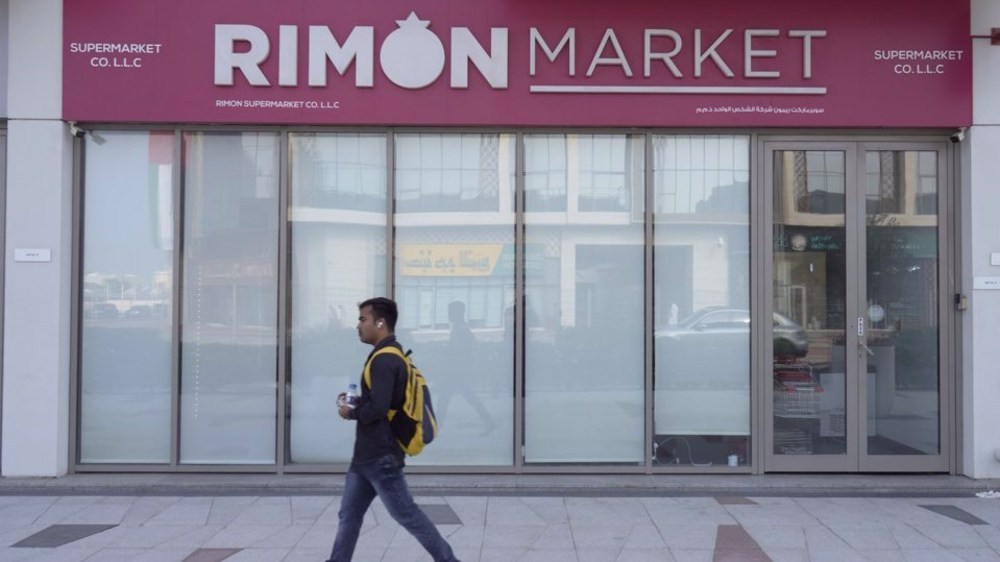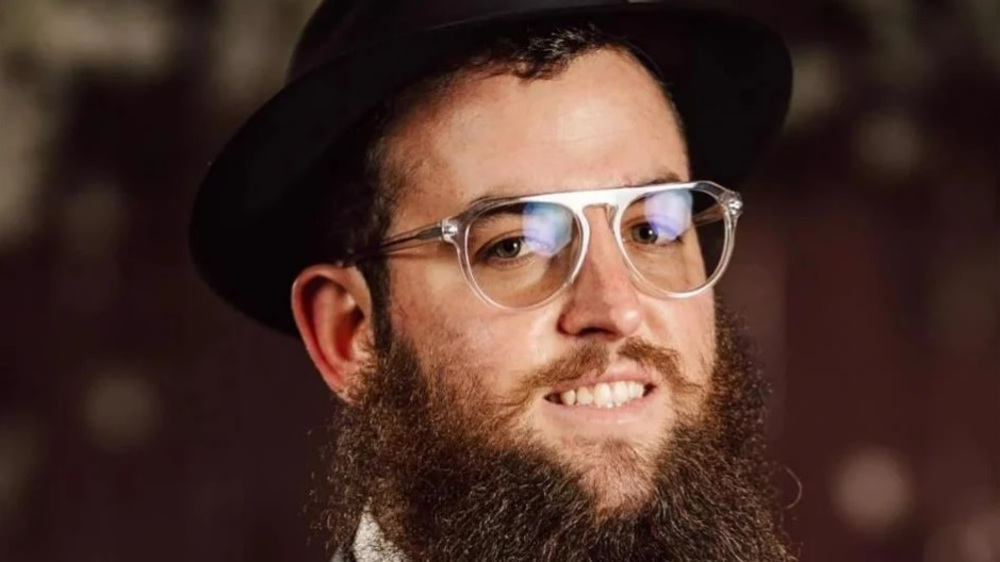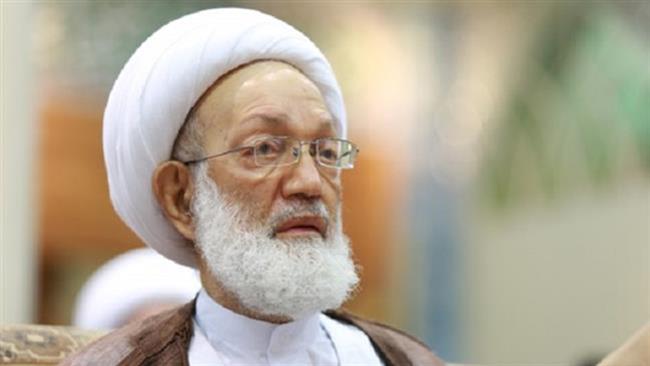Nationwide rallies erupts in Bahrain in support of Sheikh Qassim
People across Bahrain have held rallies in support of the country’s top Shia cleric Sheikh Isa Qassim, whose health has dramatically deteriorated in recent days, demanding the Al Khalifah regime immediately and unconditionally lift a persisting siege on his house and allow the spiritual leader to receive urgent treatment.
Demonstrators took to the streets of the northwestern village of Diraz, where Sheikh Qassim lives, as well as other villages and towns across the tiny Persian Gulf island country, including Abu Sabih, Karzakan, Shahrakan, Daih and Buri, to voice their strong support of the prominent cleric on Monday evening. They also expressed their vigorous dissent against the siege imposed by Manama on his home village.
Marchers said Sheikh Qassim, who is in a virtual house arrest for more than a year, was their “red line” and that they would sacrifice their lives in supporting him.
Reports said that security forces of the Al Khalifah regime attacked demonstrators, who had gathered in al-Fida Square in Diraz, by hurling tear gas canisters in an attempt to disperse them. There have been no reports on possible casualties and arrests yet.
Following the release of reports about Sheikh Qassim’s failing health earlier in the day, Shia clerics across the island nation urged all people to demonstrate in support of the spiritual leader. Bahraini activists revealed that Sheikh Qassim was suffering from constant pain and excreting blood.
On June 14, Bahrain’s so-called administrative court ordered the dissolution of the country’s al-Wefaq National Islamic Society and the seizure of its funds after the Bahraini Justice Ministry had suspended the opposition group’s activities. Al-Wefaq is the country’s main Shia opposition group and has been spiritually led by Sheikh Qassim.
A week later, the top cleric faced expulsion from Bahrain after authorities revoked his citizenship, accusing him of “illegal fund collections, money laundering and helping terrorism.” They further accused him of using his position to “serve foreign interests” and promote “sectarianism and violence.” He has strongly rejected all the allegations.
Bahraini authorities later dissolved the Islamic Enlightenment Institution (Tawiya), founded by Sheikh Qassim, in addition to the opposition al-Risala Islamic Association.
Ever since, the public has been staging day-to-day sit-ins in front of his house in Diraz and the government has placed the village under a siege, killing a number of people after attacking the demonstrations in several occasions.
Also on Monday, Bahrain’s religious scholars (Uloma) released a statement, describing the news of Qassim’s deteriorating health as “a very worrying situation.”
They also warned that any delay in freeing Sheikh Qassim would be interpreted as “a deliberate intention of the regime … [to] kill the Sheikh in his house, in cold blood.”
Separately, Sheikh Meitham Salman, a prominent Bahraini activist, said in a statement that Manama must not designate physicians to treat Sheikh Qassim, noting that the top cleric must be free to choose his doctors.
Meanwhile, Amnesty International called on the Al Khalifah regime to “immediately facilitate Sheikh Isa Qassim’s access to medical treatment.”
Thousands of anti-regime protesters have held demonstrations in Bahrain on an almost daily basis ever since a popular uprising began in the kingdom in mid-February 2011.
They are demanding that the Al Khalifah dynasty relinquish power and allow a just system representing all Bahrainis to be established.
Manama has gone to great lengths to clamp down on any sign of dissent. On March 14, 2011, troops from Saudi Arabia and the United Arab Emirates were deployed to assist Bahraini regime in its crackdown on dissent.
Scores of people have lost their lives and hundreds of others sustained injuries or got arrested as a result of the Al Khalifah regime’s crackdown.
Occupation of Syria’s highest peak Mount Hermon part of ‘Greater Israel’ project
Iran: Syrian people will decide their future without foreign interference
IRGC says Iran’s power exceeds borders, warns enemies to adjust themselves
Dozens detained, several wounded in Israeli raids in West Bank
‘Ethnic cleansing’: Hamas blasts Israeli attacks on Gaza hospital amid intl. silence
Saudi delegation meets HTS leader at presidential palace in Damascus
Relentless Israeli ceasefire violations justify need for self-defense: Lebanese MP
Tel Aviv tells Damascus Israeli forces will remain in occupied territory: Report















 This makes it easy to access the Press TV website
This makes it easy to access the Press TV website